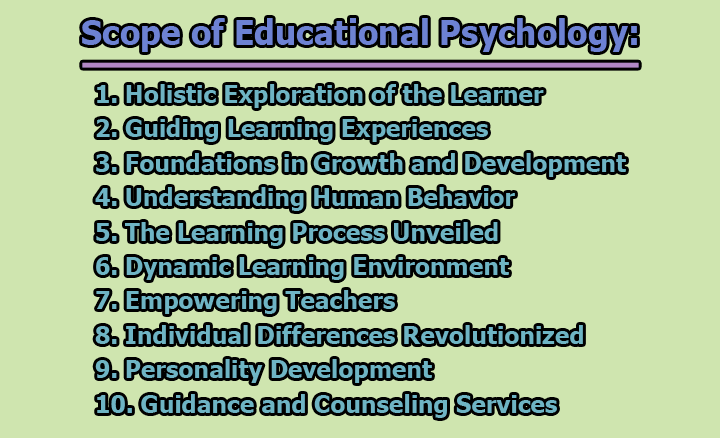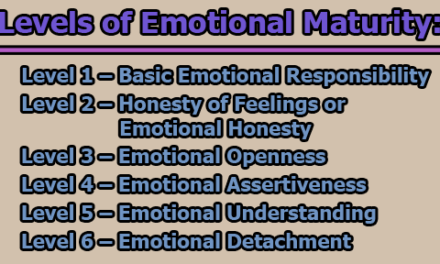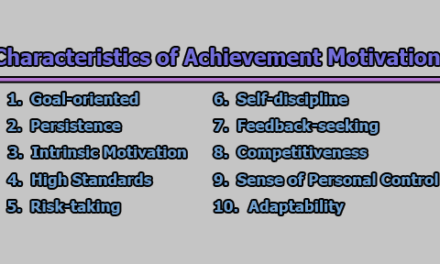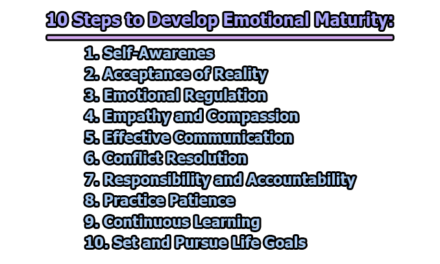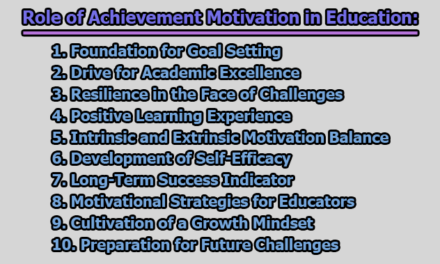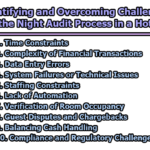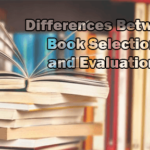Scope of Educational Psychology:
Educational Psychology, as a specialized field, is continually expanding due to ongoing research endeavors. Its scope encompasses a multifaceted exploration of the learner, learning experiences, the learning process, the learning environment, and the pivotal role of the teacher. In this article, we delve into the intricate dimensions that define the scope of educational psychology.
1. Holistic Exploration of the Learner: Educational Psychology places the learner at the heart of its inquiry, offering a comprehensive exploration of various facets. This involves understanding not only the innate abilities and capacities of individuals but also delving into the nuanced realm of individual differences. Measurement of overt and covert behaviors, conscious and unconscious actions, forms a crucial aspect of this exploration. The focus extends to encompassing the characteristics of growth and development, scrutinizing each stage from childhood through to adulthood. By unraveling the complexities of the learner’s cognitive and emotional landscape, educational psychology provides a foundational understanding for effective teaching strategies.
2. Guiding Learning Experiences: One of the pivotal roles of educational psychology is to act as a guiding force in shaping learning experiences. By identifying and determining desirable learning experiences at different stages of a learner’s growth, educators can tailor their methods to meet individual needs. This involves a nuanced understanding of how learners acquire knowledge with greater ease and satisfaction, ensuring that educational programs are not only effective but also enjoyable. The emphasis here is on creating an environment that fosters curiosity, engagement, and a lifelong love for learning.
3. Foundations in Growth and Development: Educational psychology contributes significantly to the foundational knowledge about growth and development. It goes beyond mere observation, delving into the principles governing the transformative journey from childhood to adulthood. This understanding is a cornerstone for educators, enabling them to craft scientifically informed, learner-oriented educational programs. The insights gained from studying growth and development allow educators to adapt their teaching methods dynamically, ensuring they resonate with the evolving needs of students at different stages of their educational journey.
4. Understanding Human Behavior: At its core, educational psychology serves as a lens through which human behavior is studied in the specific context of education. This recognition is founded on the premise that psychology is the study of behavior, and education aims at the modification of behavior. Thus, the influence of educational psychology is not confined to specific educational practices but permeates all aspects of the educational environment. Understanding human behavior within this context equips educators with valuable insights into the motivations, reactions, and responses of learners, fostering a more inclusive and effective teaching environment.
5. The Learning Process Unveiled: Having identified the learner and determined suitable learning experiences, educational psychology progresses to scrutinize the laws, principles, and theories of learning. This involves a multifaceted exploration of the learning process, encompassing aspects such as remembering and forgetting, perceiving, concept formation, thinking and reasoning, problem-solving, transfer of learning, and effective learning methods. By unveiling the intricacies of the learning process, educational psychology equips educators with the tools to create tailored and effective teaching strategies that align with the cognitive and developmental needs of their students.
6. Dynamic Learning Environment: An integral aspect of educational psychology lies in its examination of the learning environment, which acts as the crucible for educational interactions. This dimension explores classroom climate, group dynamics, and various techniques and aids that facilitate learning and evaluation. By understanding the environmental factors that come midway between the learner and the teacher, educational psychology strives to create an atmosphere conducive to effective teaching and learning. The emphasis is on fostering an environment that nurtures collaboration, critical thinking, and a positive relationship between educators and learners.
7. Empowering Teachers: Educational psychology recognizes the teacher as a pivotal force in the educational process. This dimension emphasizes the importance of self-awareness for educators, urging them to delve into their conflicts, motivations, anxieties, and other factors influencing their teaching roles. By empowering teachers with insights into their own psychological makeup, educational psychology enhances their effectiveness in the classroom. This includes understanding essential personality traits, interests, aptitudes, and characteristics of effective teaching, inspiring educators to play their roles successfully in the educational process.
8. Individual Differences Revolutionized: A fundamental paradigm shift brought about by educational psychology is the acknowledgment and embrace of individual differences. This recognition revolutionizes the concept and process of education, moving away from a one-size-fits-all approach. Educational psychology illuminates the fact that every individual differs from each other, necessitating tailored teaching strategies. By understanding and catering to these differences, educators can create inclusive learning environments that celebrate diversity and cater to the unique needs of each learner.
9. Personality Development: Going beyond the cognitive aspects, educational psychology extends its purview to the nature and development of an individual’s personality. This perspective aligns with the notion that education is not solely about academic achievement but is defined as the all-round development of an individual. Personality development implies the cultivation of a well-adjusted, socially adept, and emotionally intelligent individual. By integrating this dimension into educational practices, educators contribute to shaping individuals who are not only knowledgeable but also possess a balanced and developed personality.
10. Guidance and Counseling Services: Educational psychology reaches its culmination by providing guidance and counseling services within the educational context. Recognizing that education is a transformative journey requiring emotional and psychological support, this dimension emphasizes the role of education in nurturing a well-adjusted and balanced personality. By offering guidance and counseling, educators can address the socio-emotional needs of learners, assisting them in navigating challenges, making informed decisions, and fostering a positive mindset conducive to optimal learning and personal development. This holistic approach encapsulates the essence of educational psychology, emphasizing that education goes beyond academics to encompass the overall well-being of the individual.
In conclusion, educational psychology, while narrower than general psychology, is an indispensable field with a comprehensive scope. Its exploration of the learner, learning experiences, learning processes, learning environments, and the teacher, coupled with an in-depth analysis of human behavior, growth and development, heredity, environment, personality, individual differences, intelligence, and guidance, defines its multifaceted contribution to the educational landscape. Educational psychology stands as a beacon guiding educators and learners toward effective teaching and optimal development.

Former Student at Rajshahi University

